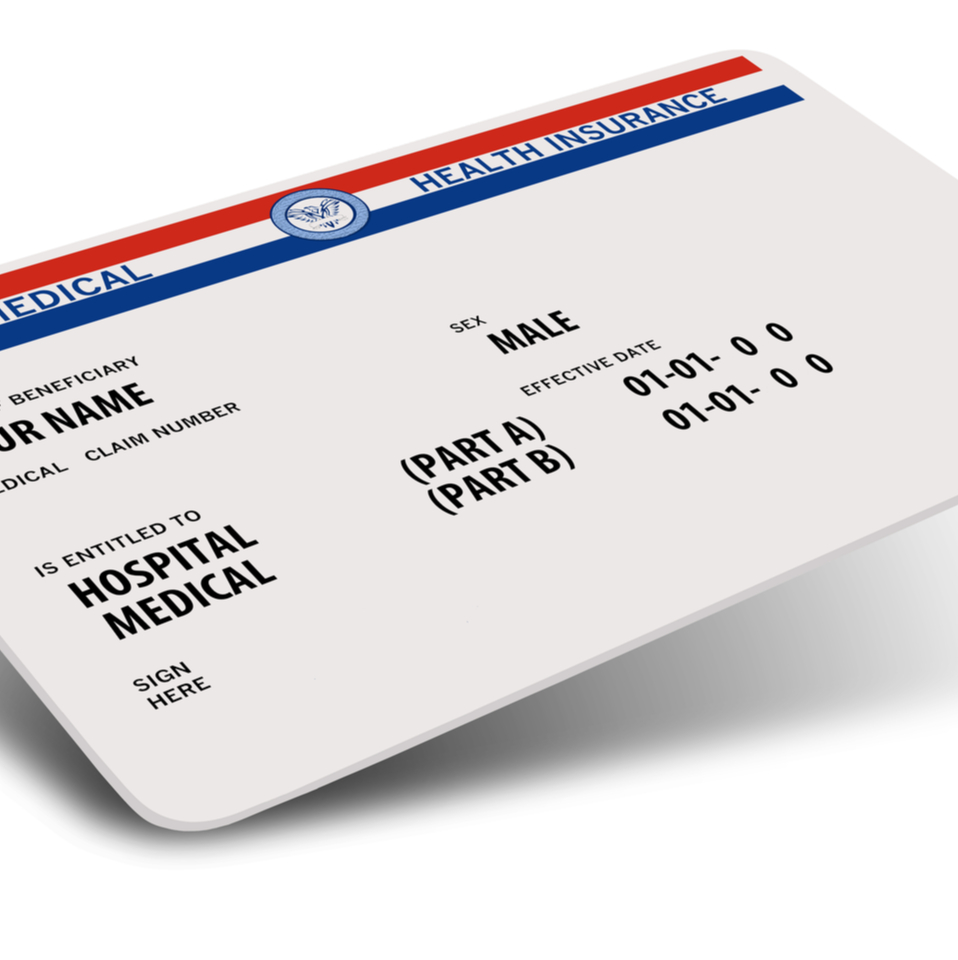INSURANCE NEWS
As life changes, we want to make sure you are protected.
Medicare Extra Help Program for Prescription Drugs
There has been a lot of debate in recent years about the high costs of prescription drugs for Americans. Nowhere has that been felt more than by those with limited resources and low incomes. Responding to this ongoing problem, Medicare implemented the Extra Help...
About Medicare Savings Programs
If you need help paying for Medicare-related costs, you could be eligible for a Medicare Savings Program (MSP). Eligibility is based primarily on your income, assets and current Medicare coverage. There are four primary MSP plans, each with slightly different types...
Understanding Medicare Special Needs Plans
A Medicare Special Needs Plan (SNP) is a type of Medicare Advantage Plan that provides enhanced treatments to people who need targeted care. Three different types of SNPs can offer a coordinated care plan for those who need it. The targeted populations include: An...
Medicare Supplements for disabled people
If you are under 65 and have Original Medicare due to a disability, some states require insurers to allow you to enroll in a Supplement plan. You may not have access to all the plans and will have to wait until you turn 65 to have a full range of options. Some plans...
How and when to apply for a Medicare Supplement plan
Before you can buy a Supplement plan, you must be enrolled in Medicare Part A and Part B. Also, you can’t have both Medicare Advantage and a Medicare Supplement plan. If you already have a Medicare Advantage plan and want to switch to a Supplement plan, you’ll need to...
What are the Top Rated Medicare Supplement Carriers in 2020?
Medicare Supplement plans are offered by private insurance companies, and there can be a lot of carriers to choose from. But not all plans and carriers are available in every area. Because it can get confusing, your best bet is to work with a licensed agent who knows...
How Much Do Medicare Supplement Plans Cost?
It depends. All Supplement plans require an additional monthly premium separate from the premium you pay for Part B coverage. The amounts will vary depending on which letter policy you choose because there are so many variables that must be plugged in. Coverage for...
Do Medigap plans cover prescription drugs and dental services?
In most cases, prescription drugs are not covered, unless they are needed under a service provided by Part A or Part B. For prescription coverage, you’ll want to look into either a Part D plan or a MAPD plan (a Medicare Advantage plan with prescription drug coverage)....
Do Medigap plans cover pre-existing conditions?
If you enroll in Original Medicare during your Medicare Initial Enrollment Period (IEP), including Part B, you will have “guaranteed issue rights.” These rights ensure that you cannot be denied Medicare Supplement enrollment or be charged more based on your age,...
Medicare Advantage Part C vs. Medicare Supplement Plans
[av_one_full first min_height='' vertical_alignment='av-align-top' space='' row_boxshadow='' row_boxshadow_color='' row_boxshadow_width='10' custom_margin='' margin='0px' mobile_breaking='' border='' border_color='' radius='0px' padding='0px' column_boxshadow=''...
Medicare Supplement Plans K, L, M, and N
All four of these plans cover Medicare Part A coinsurance and hospital costs, but the similarities end there. While Plans N and M provide full coverage for Part B coinsurance and copayments, the first three pints of blood, Part A hospice coinsurance and copayments,...
What is the difference between Medicare Plan F and Plan G?
Plan F and Plan G are two of the more popular Medicare Supplements, also known as Medigap plans. Both plans cover the Medicare Part A deductible, coinsurance, and hospice/hospital costs, Medicare Part B coinsurance/copayments and excess charges, blood (up to three...
Medicare Supplement Plans C and Plan F
As of January 1, 2020, Plan C and Plan F have been discontinued. This is because both Plans C and F cover the Part B deductible, and Congress discovered that they were too inclusive and encouraged people to visit the doctor too often because coverage was essentially...
Medicare Supplement Plans A through D
Plans A, B, C, and D have a lot of similarities. All four options cover Part A coinsurance and hospital costs, Part A and B coinsurance and copayments, and the first three pints of blood for medical procedures. None of the plans have an out-of-pocket maximum. They...
Ultimate Guide to Medicare Supplement (Medigap) Plans
Medicare Supplement plans are often referred to as Medigap plans because they help close the payment gap between what you need to pay and your current coverage provides. Unlike Medicare Advantage Part C and Part D prescription drug plans, Medicare supplement plans...
What is Medicare Part D?
Medicare Part D works in concert with other parts of Medicare and is specifically designed to assist beneficiaries with prescription drug coverage. Here’s what you need to know about Part D plans if you’re considering additional drug coverage: Original Medicare (Part...
What is Medicare Part C ?
All U.S. citizens are eligible for Original Medicare (Part A and Part B) when they turn 65. Some people are also eligible at a younger age if they have certain qualifying conditions. [/av_textblock] [av_textblock size='' av-medium-font-size='' av-small-font-size=''...
What Is Medicare Part B?
Medicare is a federal government health insurance program for people 65 and older and others who meet qualifying conditions. It is divided into four parts. Part A and Part B comprise Original Medicare. Part C includes private health plans and is often referred to as...
What is Medicare Part A?
Medicare is a federal government program in the United States that provides health insurance for people 65 and older, and younger people who meet certain qualifying conditions. It is divided into four parts: Medicare Part A and Part B are also known as Original...
Understanding Medicare Terminology | Healthcare Glossary
Medicare Definitions Ancillary policies This phrase refers to privately-offered plans outside of the Medicare basics (Original Medicare and Medicare Advantage). Ancillary plans can include Medicare Supplements, cancer policies, stand-alone dental or vision, etc....



















